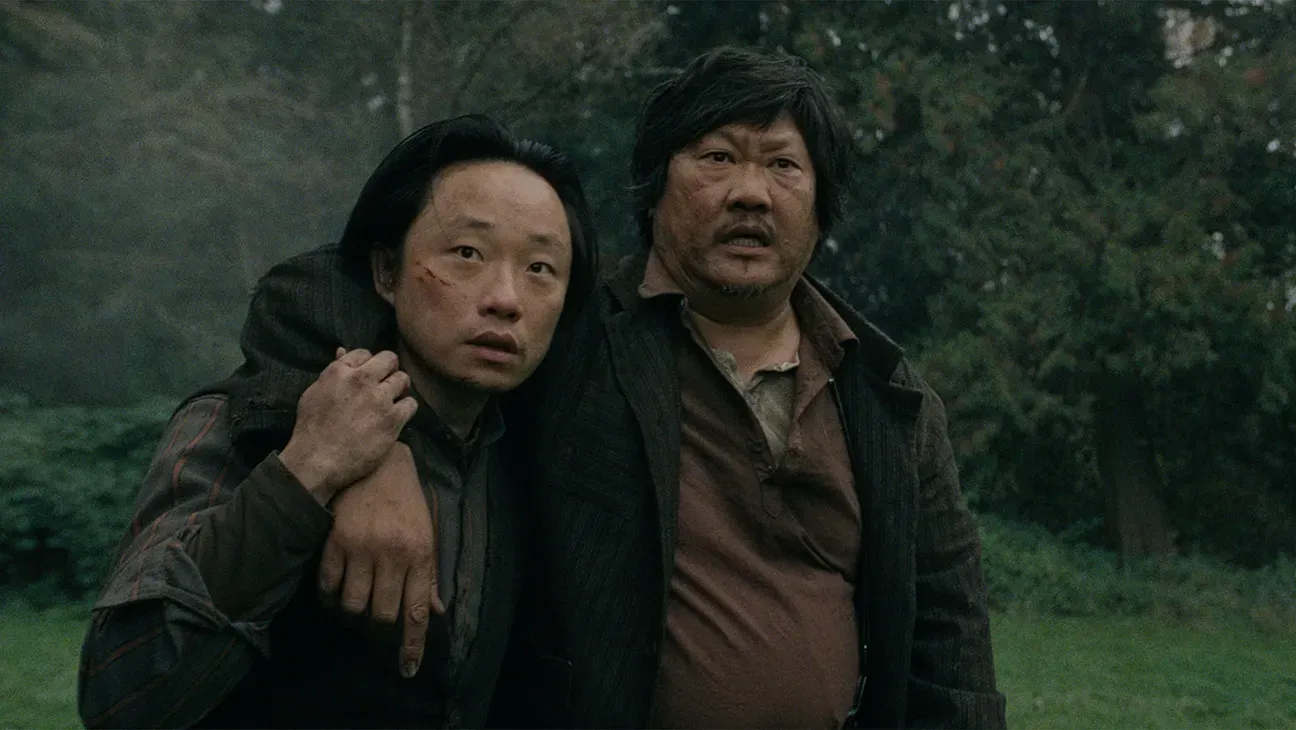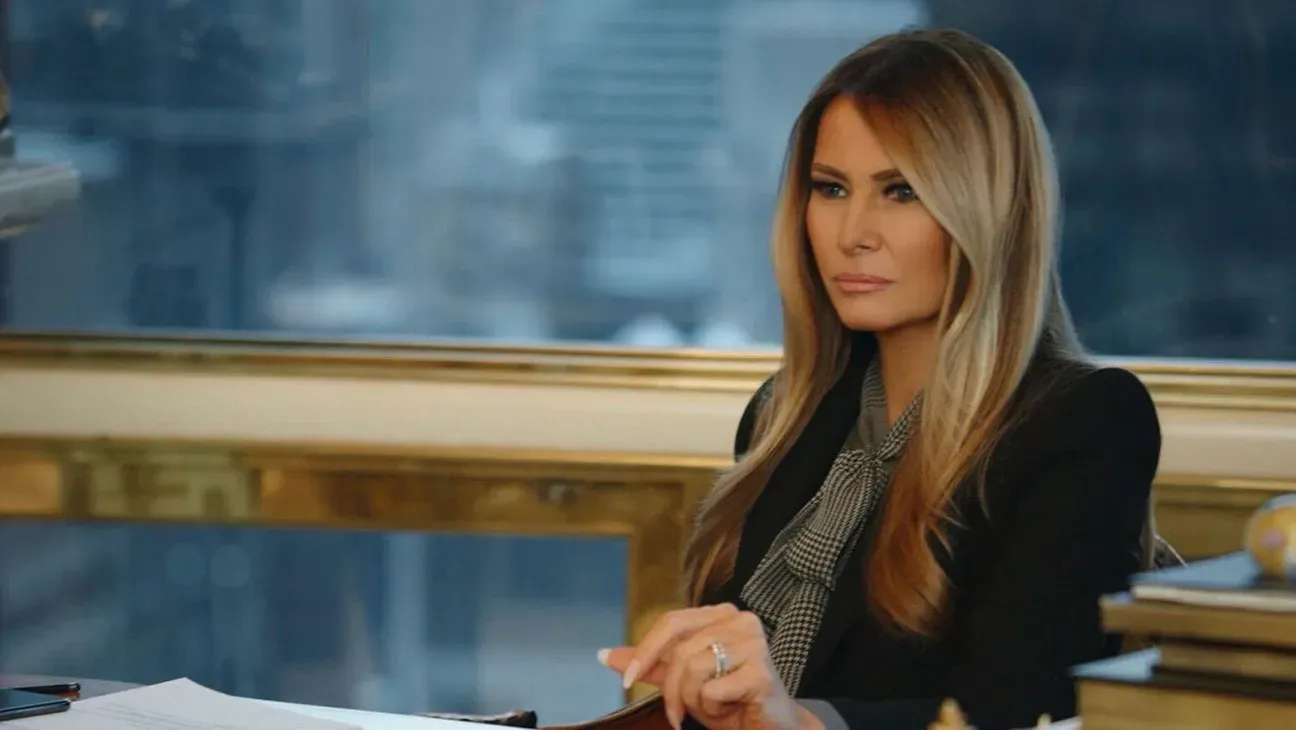
Nightbitch (2024) - Movie Review
- Sep 15, 2024
Amy Adams delivers an unforgettable performance in "Nightbitch", directed by Marielle Heller, symbolically exploring the primal instincts and isolation of motherhood through a werewolf-themed narrative. Her character, referred to simply as "Mother," depicts a woman drastically transformed by the reality of stay-at-home motherhood. The story resonates with the plight of many mothers who often feel left alone to navigate the challenges of raising a child.
The film, adapted from Rachel Yoder's novel, subtly raises questions about societal expectations and support for motherhood, while shifting the spotlight onto the often unmentioned sacrifices made by women who drastically alter their lives for their children. Mother, despite her exhaustion and struggle, remains committed to raising her son single-handedly, even as her husband is often absent due to work commitments. Her sense of isolation intensifies when she finds herself disconnected from other mothers, emphasizing the loneliness that can accompany the journey of parenthood.

Moreover, "Nightbitch" showcases the internal struggle of Mother learning to cope with her transformed identity after childbirth, a struggle many women can relate to. The film captivates its audience by portraying these raw realities and complexities of motherhood through Mother’s transformation into a “werewolf”, fostering a connection with the primal aspects of being a mother.
Despite its surreal interpretations, the story of "Nightbitch" unearths many realities of being a parent that are often glossed over by society. It addresses these issues head-on, rendering an impactful portrayal of transformation, sacrifice, and disillusionment that come with the territory of parenting in a patriarchal society. The extraordinary narrative of "Nightbitch" underlines the need for society to shoulder the responsibility of motherhood and support women through the struggle, rather than just romanticizing their sacrifice. Although the film touches upon speculations of the supernatural, it ultimately roots back to being an insightful reflection on parenting and societal expectations.






